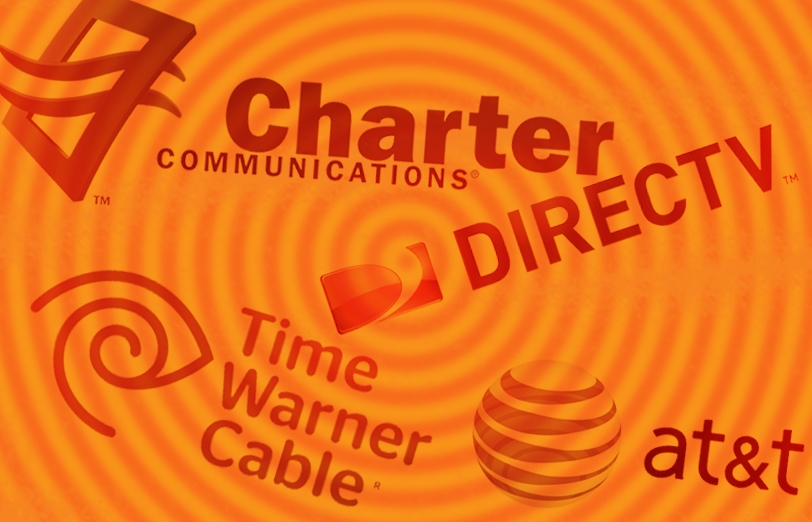What Big Cable Mergers Mean for You

It’s a small cable world after all—or at least it’s about to be, if the latest round of pay-TV mergers goes according to plan
One month after the implosion of a deal that would have united the nation’s two biggest cable providers, Time Warner Cable and Comcast, another cable behemoth may instead be on the horizon: Charter Communications is now on track to merge with TWC (and buy smaller provider Bright House Networks). DirecTV and AT&T announced their own intent to combine last year; pending FCC approval, the resulting conglomerate will account for 26 percent of pay-TV subscribers, according to research firm SNL Kagan. “There will only be more consolidation among providers as TV programming costs increase to try to keep costs down and slow subscriber loss,” SNL Kagan media analyst Tony Lenoir says. What does this mean for viewers?
Your cable bill likely won’t go up—at least at first. All companies involved say they’ll save money internally by combining resources and then pass those savings on to consumers. Providers will also have more leverage when negotiating with networks to carry programming. However, Lenoir cautions, increases are inevitable, especially as networks rely more on fees from cable companies to fill their coffers.
“TV Everywhere” may be a reality. Mobile wireless providers want to get into the TV game, one reason behind AT&T’s purchase of DirecTV. Cable broadband providers like Optimum are also adding wireless hot spots to allow customers to access TV on any device. These new mega companies are promising wider availability of high-speed Internet. Better broadband could mean a better streaming-TV experience.







